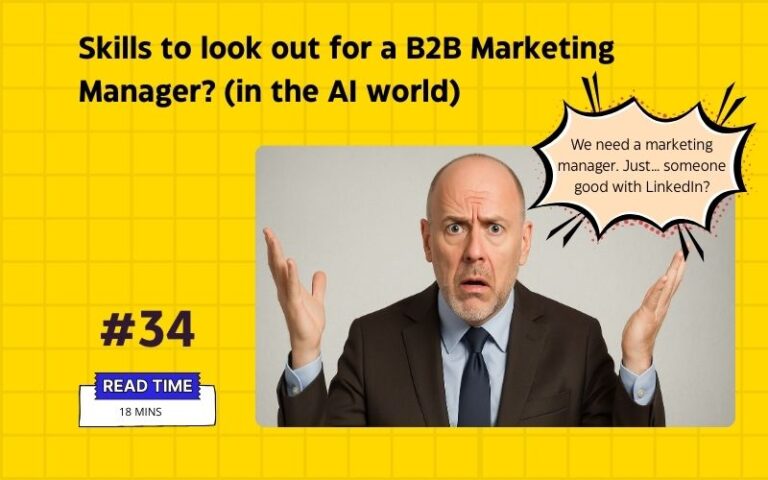Table of Contents
In the noisy landscape of B2B outreach, standing out isn’t just a luxury—it’s a necessity. With inboxes flooded by generic emails and templated LinkedIn messages, decision-makers are becoming increasingly selective. The result? Lower open rates, fewer replies, and dwindling engagement.
But one tactic is quietly turning that around: Personalized Video Emails. Let’s Analyze why this approach works, how to do it right, and the tools that can help you scale.
Here are some stats on how videos are more engaging in today’s marketing scenario:
- 91% of businesses use video as a marketing tool. (Source: Wyzowl, 2024)
- Video in email can increase click-through rates by up to 300%. (Source: Martech Advisor)
- Viewers retain 95% of a message when they watch it via video, vs only 10% when reading it as text. (Source: Insivia)
Why Personalized Video Emails Work in B2B
They Break the Pattern
Most cold outreach looks the same. Text-heavy, template-based emails don’t create an emotional connection. A personalized video, however, feels human. It disrupts the scroll and compels the recipient to pause—even if just for a few seconds.
They Humanize Your Message
Video introduces facial expressions, tone of voice, and authenticity—making it much easier to build trust early in the sales process. It shows you’ve invested time and effort, even for a cold prospect.
They Increase Key Metrics
In this digital age, trust building is key. With video, you can build real trust leading to improvement in key metrics and engagement.
According to Vidyard:
- Video emails see a 5x higher click-through rate
- Prospects are 26% more likely to reply
- Average watch time on outreach videos is 75% of total video length
How to Create Effective Personalized Video Emails
Step 1: Do Your Homework
Before hitting “record,” research your prospect. The important thing here to execute is that you need to know about where are they lacking and how your assistance can solve their particular issue.
- Check LinkedIn, website and company news
- Know their role, recent challenges, or industry trends
- Tailor your message to their pain points
Step 2: Keep It Short & Focused
Get straight to the point and highlight what is the issue without giving too much details. More important thing is to starting with a key issue and highlight your value proposition.
- Ideal length: 45–90 seconds.
- Start with their name and company
- State your intent clearly
- End with a CTA (e.g., “Would a 15-min call make sense?”)
Step 3: Use Simple Tools
Industrial B2B selling is not about mass messaging—it’s about contextual credibility. You don’t need fancy equipment. Even a simple Video screen recorder along with mic. Some of the practical tools you can use are:
Tella or Sendspark – More advanced branding options
Loom – Free and intuitive, with trackable links
Vidyard – Great for sales teams with CRM integrations
Soapbox by Wistia – Combines webcam and screen recording
Step 4: Embed Smartly in Emails
The final step is to send out the video in more optimized manner. Making the size of the video shorter is key. Each country has a different guideline for the email marketing, so being consistent as per rules is important. You may choose to attached a Youtube link or embed in the email body. If you are embedding the video, make sure the size is optimized as per email guidelines.
- Use a thumbnail image with a play button overlay (e.g., holding up a whiteboard with the prospect’s name)
- Link to a landing page where the video plays
- Add a short summary below for context
Below is the sample video, I have recorded for a demo purpose:
Below is the email that I would write to them:

Conclusion
These activities help in bringing seamless brand value and contribute to the overall growth of the company. Even if you execute the above-mentioned plans with nominal budgets and do it consistently, the process has the potential to scale over time. To achieve this, there needs to be a deep collaboration between the sales and marketing of the company.
In industrial and manufacturing based B2B marketing, dealing with group dynamics is non-negotiable.
- One-size-fits-all content falls flat—each stakeholder needs a unique message.
- Structured interviews, segmented follow-up content, and collective events are the glue that binds your sales approach.
- Personalization, especially in heavy-equipment and operations-heavy sectors, is key to trust and faster decision-making.




